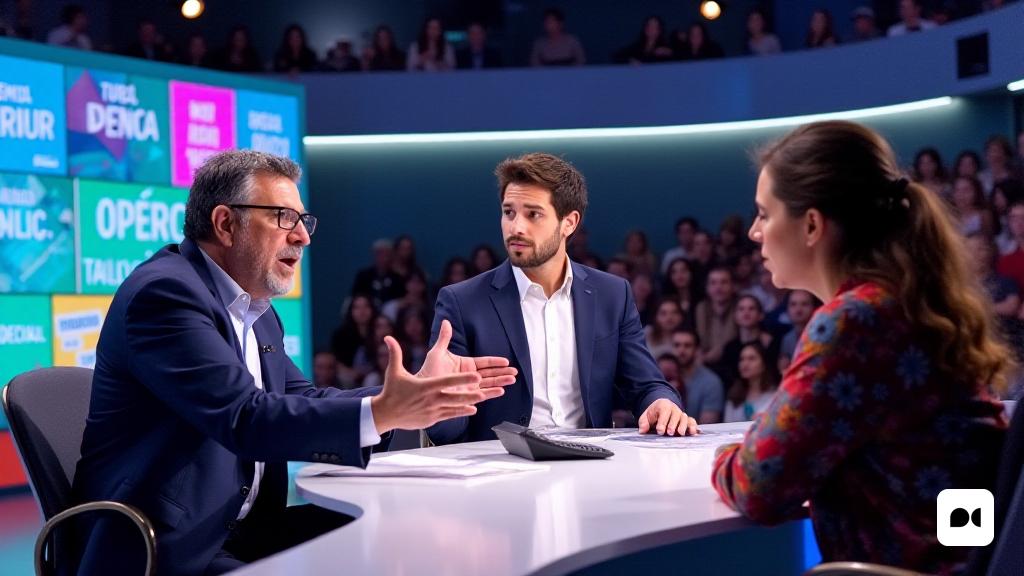A debate that questions the foundations of teaching
On February 21, 2014, the RTVE La 2 hosted a debate that has aroused controversy over the importance of memorization in the education system. Alberto Royo, a high school teacher in Navarra, exposed his critical view of the tendency to prevent memorization in classrooms, supported by his experience as a teacher.
Facing opinions: Memorization vs. practice
In the debate, Royo met Sebastián Barajas, an economist who defended the idea that memorization is unnecessary for real learning, arguing that practical competencies, such as cooking or driving, do not require remembering data. Despite this, Royo emphasized that in order to choose a career, students need a knowledge base that is only achieved by memorization.
The ignorance of the selection of information
The participation of María Acaso, a researcher in Education Sciences, contributed another angle to the discussion. She argued that teachers do not need to thoroughly master their subject, as students can access a large amount of information through the Internet. However, Royo replied that the information available online is not always reliable or useful if students do not know how to contrast.
The Paper of the Professor in Digital L’Era
ACASO also said that teachers should be more colleagues from students, fostering a more informal learning atmosphere. However, this approach was criticized for its lack of rigor and for its proposal to make the classroom a reflection of today’s society, including its wars and conflicts.
The paradox of the use of the calculator
The discussion took an unexpected turn when the use of the calculator was addressed as a learning tool. Royo argued that relying on mental calculation technology can negatively affect students’ mathematical skills, a point that was rejected by the pedagogical adviser to a center in Cerdanyola, who believed that the calculator could be useful even in early stages.
An uncertain future for education
The debate showed the disconnect between educational theory and the reality of classrooms. The insistence on the use of the calculator from young people could be a sign of an education that prioritized ease over deep understanding. If educators cannot demonstrate the importance of memorization, how can students expect a solid knowledge base?
The need for a change
Education should not surrender to human defects, but should aspire to improve the future. The ability to memorize and process information is essential for the development of critical and creative minds. If we continue to prioritize technology over critical thinking, we will face a future in which the basic capacities of students will be committed.

